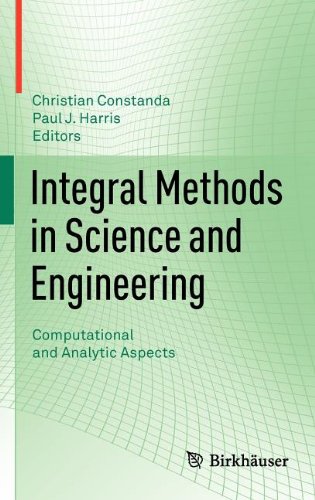

Most ebook files are in PDF format, so you can easily read them using various software such as Foxit Reader or directly on the Google Chrome browser.
Some ebook files are released by publishers in other formats such as .awz, .mobi, .epub, .fb2, etc. You may need to install specific software to read these formats on mobile/PC, such as Calibre.
Please read the tutorial at this link: https://ebookbell.com/faq
We offer FREE conversion to the popular formats you request; however, this may take some time. Therefore, right after payment, please email us, and we will try to provide the service as quickly as possible.
For some exceptional file formats or broken links (if any), please refrain from opening any disputes. Instead, email us first, and we will try to assist within a maximum of 6 hours.
EbookBell Team

4.8
34 reviewsThe systematic study of the physical world is largely based on the design of mathematical models using many different types of ordinary differential, partial differential, integral, and integro-differential equations. The solutions of these equations are therefore of great interest to practitioners and to science in general. With a wealth of cutting-edge research in the field, Integral Methods in Science and Engineering: Computational and Analytic Aspects provides a vivid picture of both the development of theoretical integral techniques and their use in specific science and engineering problems.
The volume is an outgrowth of talks presented by world-renowned researchers at the Eleventh International Conference on Integral Methods in Science and Engineering held in Brighton, UK, July 12–14, 2010. The array of topics they address is immense, ranging from theoretical advances in boundary integral methods to applications of analytic and numerical quadrature techniques as diverse as integral equations, finite and boundary elements, conservation laws, hybrid approaches, and more.
With ample coverage of theory and applications, this book will be a valuable resource for researchers in applied mathematics, physics, and mechanical and electrical engineering, for graduate students in these disciplines, and for various other professionals who use integration as an essential technique in their work.